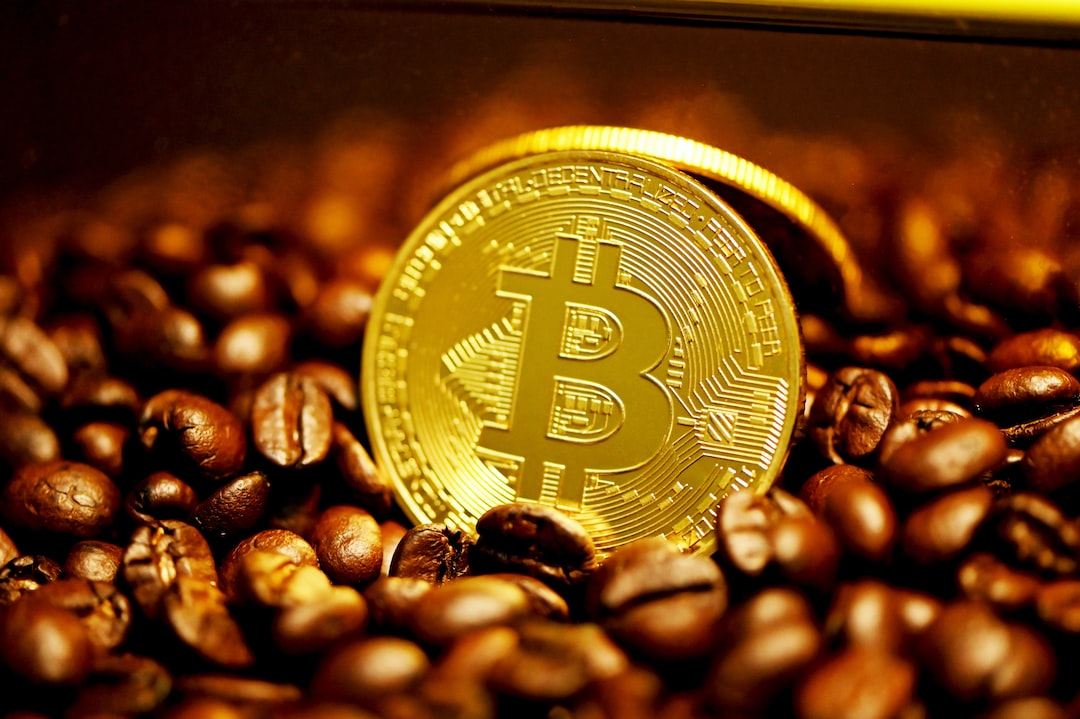NPS Sees Unrealized Profit on Coinbase Shares
The National Pension Service (NPS) of South Korea has earned a 39% unrealized profit on shares of Coinbase, marking its first investment in a cryptocurrency company. The NPS purchased 282,673 shares of Coinbase in the third quarter of this year at an entry price of $19.9 million, which are now valued at approximately $27.7 million, representing a $7.8 million profit.
Policy on Cryptocurrency Investment
Despite the profitable investment, the NPS has a policy against directly investing in cryptocurrencies like Bitcoin due to their volatility. This policy was established after facing criticism from the National Assembly for investing in a cryptocurrency-related business in 2021. The NPS clarified that it had only invested in an exchange and not cryptocurrencies.
NPS and Other Organizations Benefit from Rising Coinbase Stock
The surge in the value of Coinbase stock, which has risen by 170% this year, has benefited organizations like the NPS. However, the stock remains 74% down from its all-time high of $300 in September 2021. This growth comes despite regulatory challenges faced by Coinbase in the US.
Regulatory Turbulence for Coinbase
In June, the US Securities and Exchange Commission (SEC) filed charges against Coinbase for securities law violations since 2019, nearly two years before its IPO. The SEC cited the exchange’s staking program as an investment contract and therefore a security. Similar charges were brought against Binance in July.
Exchanges Challenge SEC’s Authority
Coinbase and Binance have both challenged the SEC’s claims of selling unregistered securities, with Binance CEO Changpeng Zhao questioning the regulator’s actions and authority in the cryptocurrency realm.
Hot Take: Regulatory Challenges Impacting Exchanges
The ongoing regulatory challenges faced by exchanges like Coinbase and Binance highlight the lack of clear rules for the digital asset industry according to industry experts. These enforcement actions could potentially impact America’s economic competitiveness.





 By
By
 By
By

 By
By

 By
By